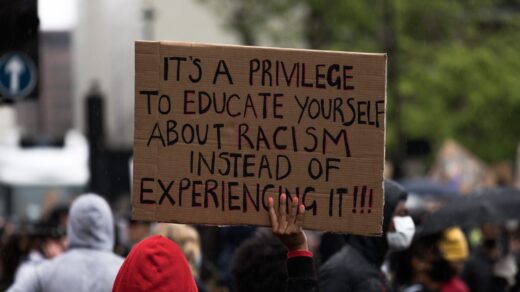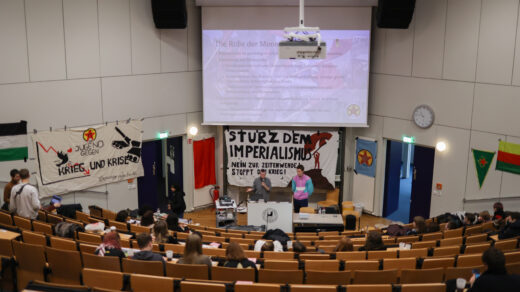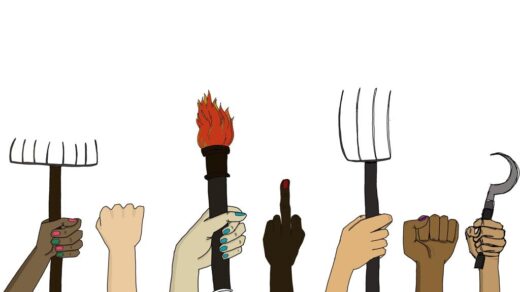The Climate Train took activists, journalists, politicians, and members of NGOs to the Climate Conference in Glasgow (COP26). Justus Könneker joined them and captured some of his impressions.

On board, the train hums of a lively buzz of excited discussion. Walking through the hallway is impossible, every five meters there’s a teenager confronted by a film crew and a microphone. A constant array of recorded, filmed, and written reminders that the politicians aren’t doing their job and that it’s our future on the line.
The Train and the Warholian 15 minutes of fame
Along the way I see a friend, who happens to be one of the leaders of the Fridays for Future movement in Belgium. She is surrounded by faces I’ve never seen before, an entourage of young women who duck out every couple of minutes to record another podcast, Instagram story or interview. I can only catch up with her shortly. She asks me how I’m doing, I tell her that I actually spent the night before in the bathroom with food poisoning. Neither the flush nor the tap water was working. I turn to another camera man, who is recording the encounter. „Damn,” I think to myself, „I wonder if that thing is always on.” I guess everyone gets their 15 minutes of fame.
This reference to Warhol holds relevance worth reflecting upon. The artist is famous for how he dealt with the issues of stardom in the age of modern popular culture and mass consumerism. Most famously, his tomato can print spoke of how even an everyday object could be lifted into superstardom. People taking a train share with the tomato can it’s unremarkability, yet the story of Greta and her fellow Fridays for Future activists taking the train to the climate conference is covered by every major European news outlet. Why then does this train ride get so much attention? Because we recognise the people who are in it?
This revolution has been televised
Back on the train, the journalist tells me he sees „a story.” Young activists telling politicians that their future is at stake. It’s a story that sells. It’s a story that people want to hear, one that places the reader, the characters in it, and the story itself in the societal picture. The black power poet Gil Scott Heron famously sang that the revolution will not be televised, but what happens when it is? While the journalist is the representative of the institutionalised media, almost every activist on the train uses the modern social media space to produce and televise their change. We all know that our clicks, our data, our posts, and the people we follow are the products that are sold to advertising companies. So, when the revolution is televised, it is also commodified.
An unhappy end
As we leave the train, we are greeted by a crowd of people in the train station, and again, the many cameras. As we walk through the crowd, a loud screech echoes through the halls. All the cameras, and their respective owners, jolt in one direction. In the hopes of catching a shot of Greta, they chase her like dogs chase a piece of meat. She escapes the hoard behind a wall of police, sharing a tired and terrified grin. As Bertolt Brecht said, „Unglücklich das land, das Helden nötig hat.” (Brecht, B. (2013). Leben des Galilei: Schauspiel. Suhrkamp Verlag.)



